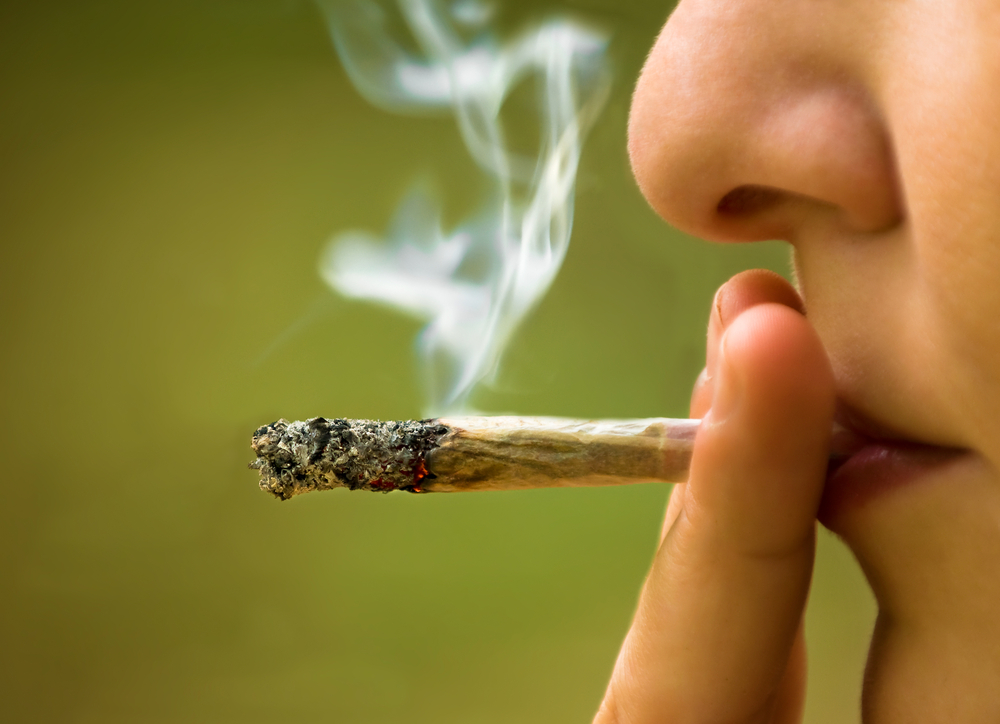Would You Use Pot If It Were Legal? Here's What Americans Say

DENVER — Exactly how many people might start smoking marijuana in states where it becomes legal could vary widely depending on the specifics of each state's laws, such as whether employers can fire someone for smoking it, according to a new study.
In fact, more than 50 percent of Americans surveyed for the study changed their minds about whether they would smoke pot, depending on whether the laws specified certain penalties, the study found.
"Legalization isn't a 'yes or no' question," said lead researcher Mike McLaughlin, a doctoral candidate at the Yale School of Public Health, who presented the findings here today (Oct. 31) at the meeting of the American Public Health Association. "There are a lot of details that policymakers need to work out if legalization is going to be implemented."
For the study, McLaughlin surveyed more than 500 adults ages 21 and older living in four states where marijuana legalization is on the ballot this election — Arizona, California, Massachusetts and Florida — and in one state where marijuana legalization is likely to be voted on in the near future, Michigan. [Marijuana Legalization 2016: A Voter Guide]
Participants were asked whether they would use marijuana if it were legal, but under different scenarios, including the following:
- If employers were allowed to have policies that forbid employees from smoking marijuana outside of work, and could fire them for it (or conversely, if employers could not fire them for this).
- If people could be arrested for smoking marijuana in public (or conversely, if they could not be arrested for this).
- If their state kept a record of marijuana sales; and
- If they would buy marijuana at various prices ranging from $5 to $31 per gram.
About 20 percent of participants said they would use pot no matter what if it was legal, and 26 percent said they would never use it, even if it was legal. But 54 percent of participants changed their minds depending on the scenario.
The biggest effect was seen for the scenarios involving employers — a marijuana law that prevented employers from having policies that could lead to the firing of employees for using marijuana outside work would lead to a 9 percent increase in the percentage of people using marijuana, the study found. In contrast, raising the price of marijuana by $19 per gram would lead to a 5 percent decrease in the number of people using the drug.
Sign up for the Live Science daily newsletter now
Get the world’s most fascinating discoveries delivered straight to your inbox.
McLaughlin noted that, when applied to a state's entire population, those percentages could mean quite a large number of people. "These are not tiny numbers," McLaughlin said. "These have the potential to make a really big swing" in marijuana use, he said.
The drug remains illegal under federal law; in 2015, the Colorado Supreme Court ruled that employers in the state could still fire employees for using marijuana when they weren't at work.
The findings suggest that even within legalization, there is room for policymakers to influence people's decisions to use marijuana, with different types of policies, he said.
McLaughlin said the study did not ask participants whether they were currently using marijuana, and that it's not clear if this could affect the findings.
Original article on Live Science.

Rachael is a Live Science contributor, and was a former channel editor and senior writer for Live Science between 2010 and 2022. She has a master's degree in journalism from New York University's Science, Health and Environmental Reporting Program. She also holds a B.S. in molecular biology and an M.S. in biology from the University of California, San Diego. Her work has appeared in Scienceline, The Washington Post and Scientific American.










